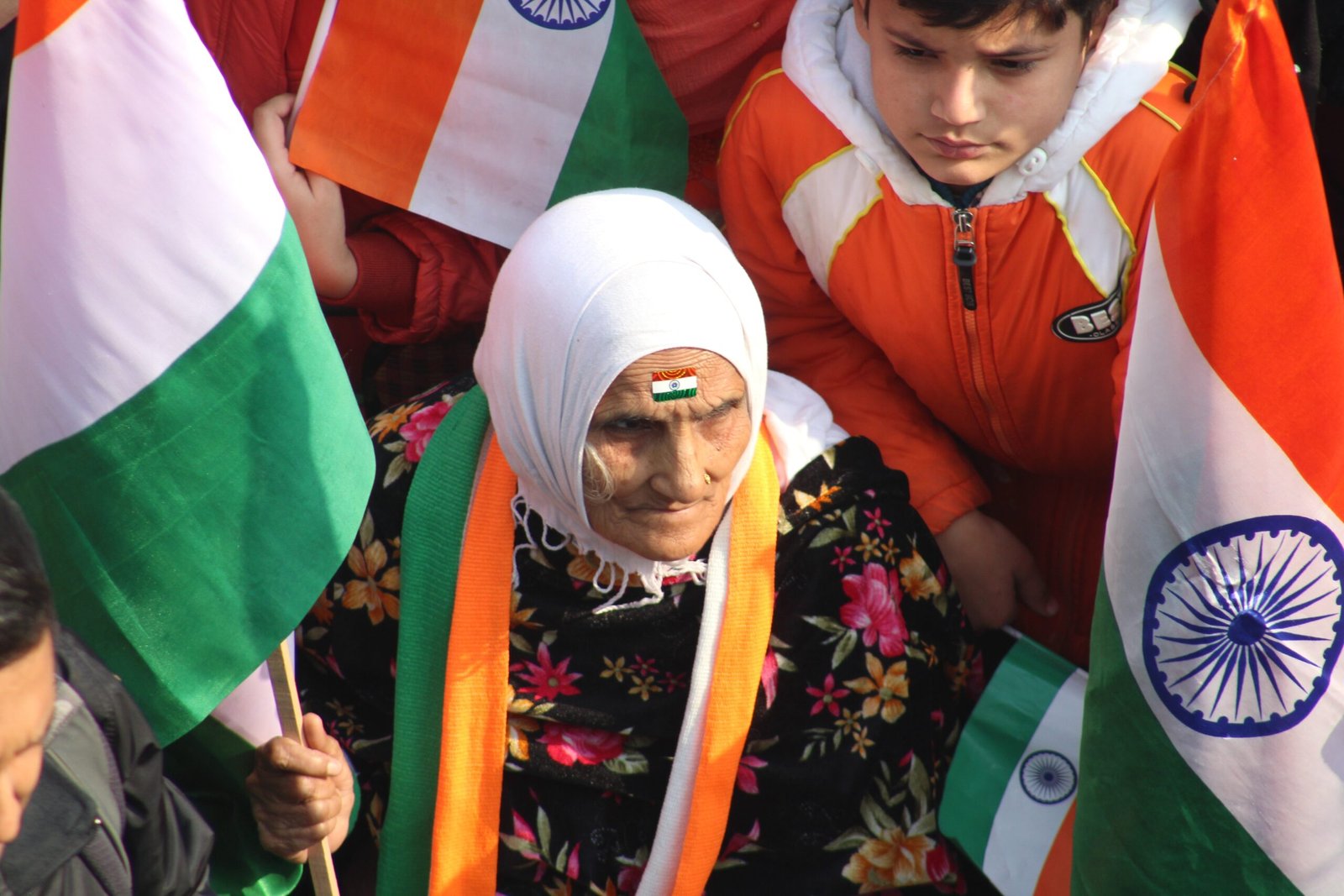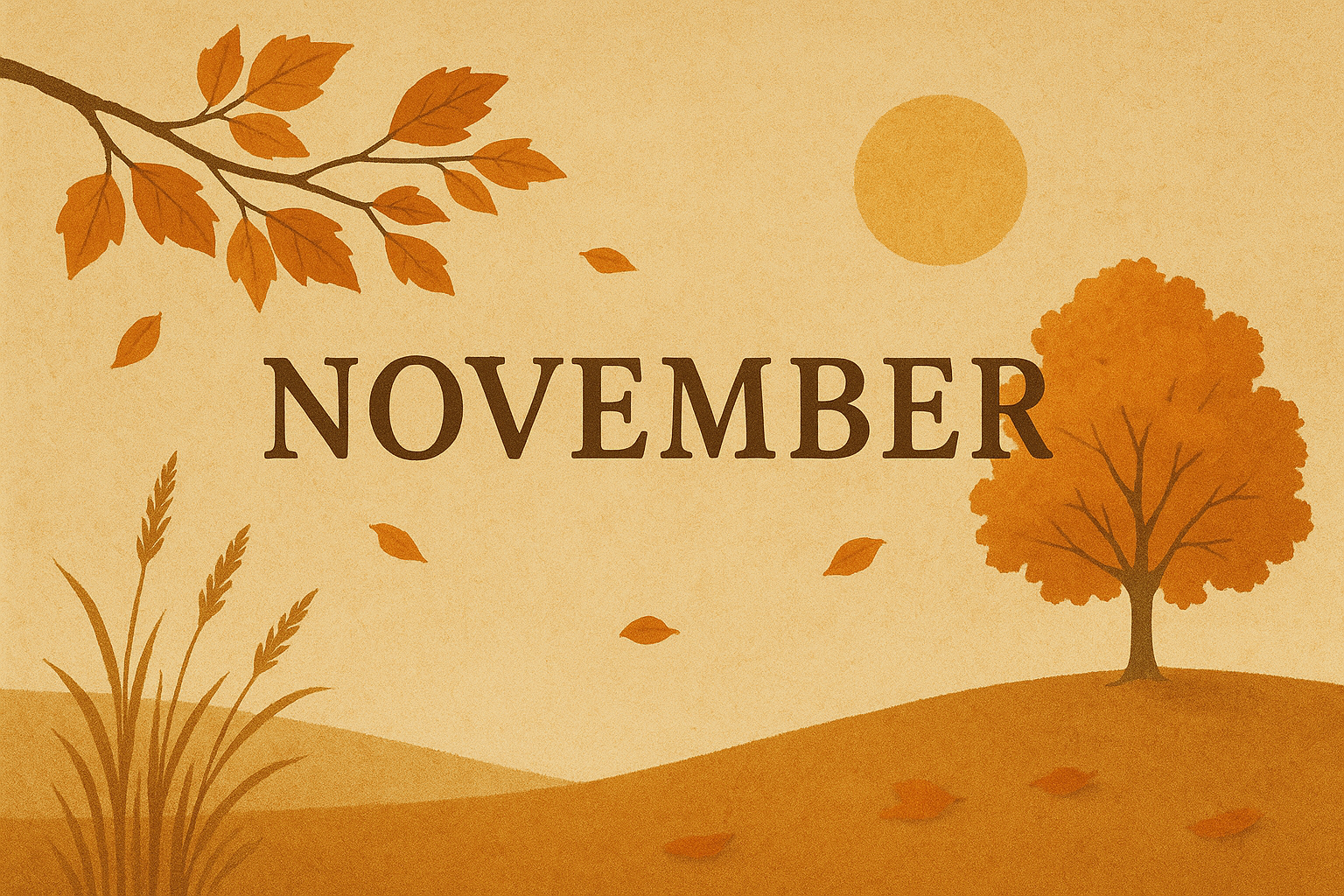When we think of Makar Sankranti the images that come to our mind, are
🪁Children flying colourful kites.
🌾Families preparing food with the new harvest with glee.
🤽Pilgrims going for a holy dip in the Prayag raj.
🎡The grand Kumbh mela, where devotees flock.
☀️Last, but not least, the mercury slowly climbing up, bringing respite from the chilly cold days.
Across the Land, Under One Sun
‘Makara’ means ‘Capricorn,’ so the movement of the sun to Capricorn is called Makar Sankranti. It is generally observed on January 14 every year (January 15 on leap years). It is celebrated by different names in various parts of the country:
- West Bengal and North East – Pousha Sankranti
- Tamil Nadu – Thai Pongal
- Kerala – Makara Vilakku
- Assam – Magh Bihu
- Gujarat Vasi – Uttarayan
- Punjab – Maghi/ celebrated as Lohri
The bond of Makar
In Odisha, this day is also celebrated as the grand “friendship day”. The girls are to choose that one “best friend” and name her as “Makara”. Tough rules have to be followed strictly for one year after that.
- You can have only one ‘Makar’ (How can girls have only one friend!)
- The Makar cannot change at least throughout the year (You cannot be frivolous!)
- You have to invite your Makar to your house and give her a grand feast – serving the new harvest rice – Makara Chaula is mandatory
- You cannot fight with your Makar for the whole year (Yes, you heard it right!)
- You cannot call her by her name – you have to call each other ‘Makar’

These rules are tough to follow, especially having only one friend. So, the rules are tweaked to allow some concessions – you make some ‘Golaps’ (roses) – second best friends, ‘Togors’ (Tabernaemontanas) – third best friends, and many more like these, creating a beautiful garden in the end.
The same rules apply to the boys, except the ‘Makars’ are called ‘Mitas’. It is hard for the boys to follow rule number four, ie., not to fight with their friends. Very soon they end up fighting and calling each other by their names. This is the fun of Sankranti.

Makar Chaula, Odisha’s Harvest Delicacy
Makara Chaula is a special dish made to celebrate the day. This no-flame dish is made of freshly ground Makar rice, milk, cottage cheese (paneer), ginger, pepper, sesame, coconut, and any fruits of the season. The ground rice is mixed with the other ingredients and a few pieces of cut sugarcane, jaggery, and sweet potato are added to make it a delicacy.
In other parts of the country, the festival is celebrated with various delicacies – Til laddoo, gajak, payesh, pitha, puran poli, pinni, and ven pongal, to name a few.

Deeper Meaning of Makar Sankranti
🧑🤝🧑Whether celebrated as a friendship day or a day spent with family savouring delicacies, Sankranti celebrates the bond of togetherness.
🌛It signifies movement. The movement of the sun into Capricorn and the change of seasons. According to the lunar calendar, when the sun moves from the Tropic of Cancer to the Tropic of Capricorn or from Dakshinayana to Uttarayana – it commemorates the beginning of the harvest season. Sankranti helps us understand that nothing in the world is constant and we need to be dynamic to progress. This festival gives us hope and positivity.
🌾The festival celebrates the hard work we put in to reap the new harvest. It is always hard work and dedication that yields results.

Happy Makar Sankranti!














